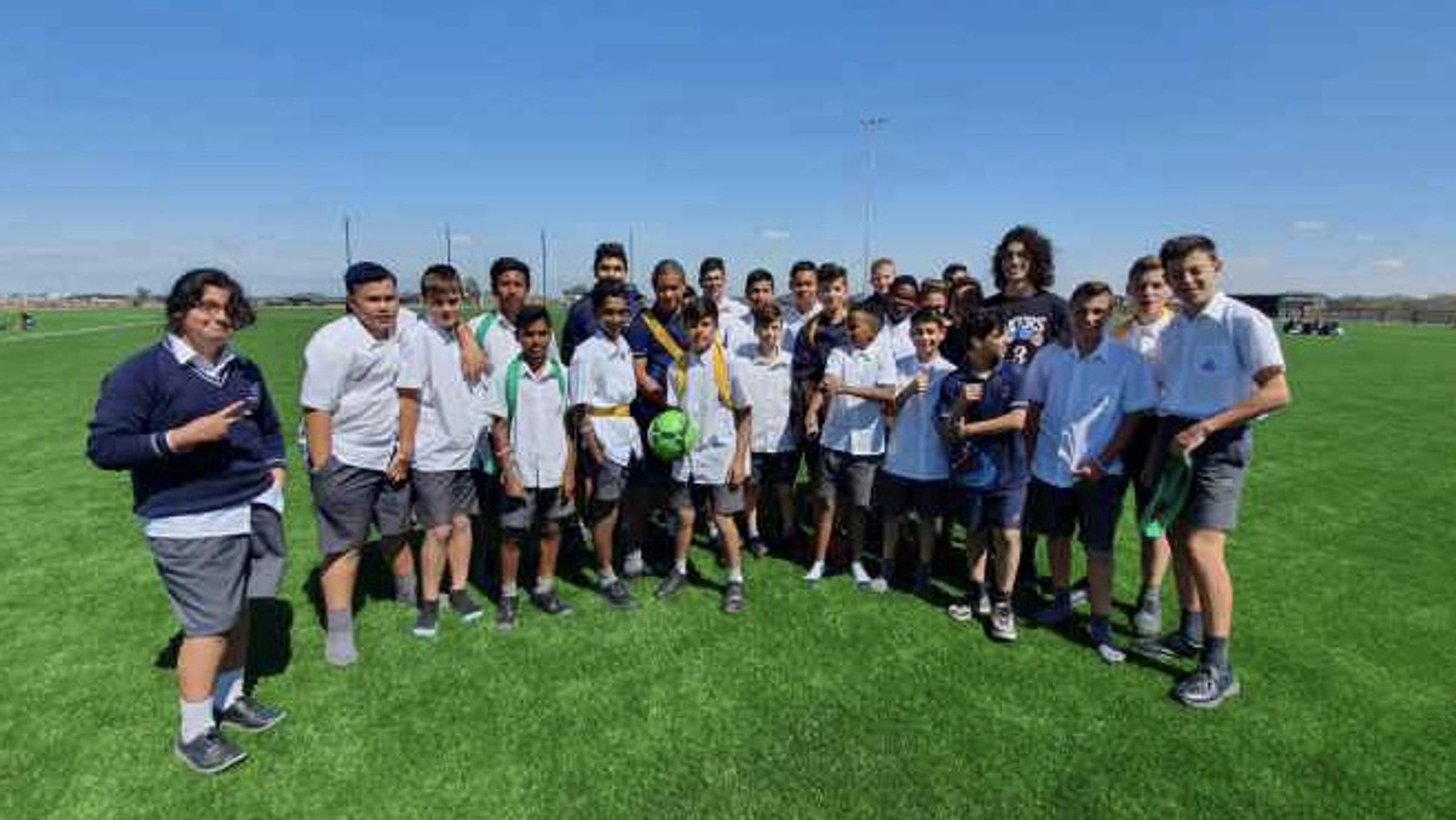Wellbeing Update

Kids & Tech: Tips for Parents in the Digital Age
Start typing your article in here...
In a world where children are "growing up digital," it's important to help them learn healthy concepts of digital use and citizenship. Parents play an important role in teaching these skills.
- Make your own family media plan.
Media should work for you and within your family values and parenting style. When used thoughtfully and appropriately, media can enhance daily life. But when used inappropriately or without thought, media can displace many important activities such as face-to-face interaction, family-time, outdoor-play, exercise, unplugged downtime and sleep. An example of this is below.
- Treat media as you would any other environment in your child's life.
The same parenting guidelines apply in both real and virtual environments.
- Set limits; kids need and expect them.
Know your children's friends, both online and off. Know what platforms, software, and apps your children are using, what sites they are visiting on the web, and what they are doing online.
- Encourage imagination.
Media use, like all other activities, should have reasonable limits. Unstructured and offline play stimulates creativity. Make unplugged time a daily priority, especially for very young children.
- Screen time shouldn't always be alone time.
Co-view, co-play and co-engage with your children when they are using screens— it encourages social interactions, bonding, and learning. Play a video game with your kids. It's a good way to demonstrate good sportsmanship and gaming etiquette. Watch a show with them; you will have the opportunity to introduce and share your own life experiences and perspectives—and guidance.
- Don't just monitor them online—interact with them, so you can understand what they are doing and be a part of it.
- Be a good role model.
Teach and model kindness and good manners online. Because children are great mimics, limit your own media use.
- Know the value of face-to-face communication.
Very young children learn best through two-way communication. Conversations can be face-to-face or, if necessary, by video chat with a travelling parent or far-away grandparent. Research has shown that it's that "back-and-forth conversation" that improves language skills—much more so than "passive" listening or one-way interaction with a screen.
- Create tech-free zones.
Keep family mealtimes, other family and social gatherings, and children's bedrooms screen free. Turn off televisions that you aren't watching, because background TV can get in the way of face-to-face time with kids. Recharge devices overnight—outside your child's bedroom to help him or her avoid the temptation to use them when they should be sleeping. These changes encourage more family time, healthier eating habits, and better sleep.
- It's OK for your teen to be online.
Online relationships are part of typical adolescent development. Social media can support teens as they explore and discover more about themselves and their place in the grown-up world. Just be sure your teen is behaving appropriately in both the real and online worlds. Many teens need to be reminded that a platform's privacy settings do not make things actually "private" and that images, thoughts, and behaviours teens share online will instantly become a part of their digital footprint indefinitely. Keep lines of communication open and let them know you're there if they have questions or concerns.
Remember: Kids will be kids.
Kids will make mistakes using media. Try to handle errors with empathy and turn a mistake into a teachable moment. But some indiscretions, such as sexting, bullying, or posting self-harm images, may be a red flag that hints at trouble ahead. Parents must observe carefully their children's behaviours and, if needed, enlist supportive professional help, including the family paediatrician.
Media and digital devices are an integral part of our world today. The benefits of these devices, if used moderately and appropriately, can be great. But, research has shown that face-to-face time with family, friends, and teachers plays a pivotal and even more important role in promoting children's learning and healthy development. Keep the face-to-face up front, and don't let it get lost behind a stream of media and tech.
Chantelle Gianinotti
Student Wellbeing Coordinator
